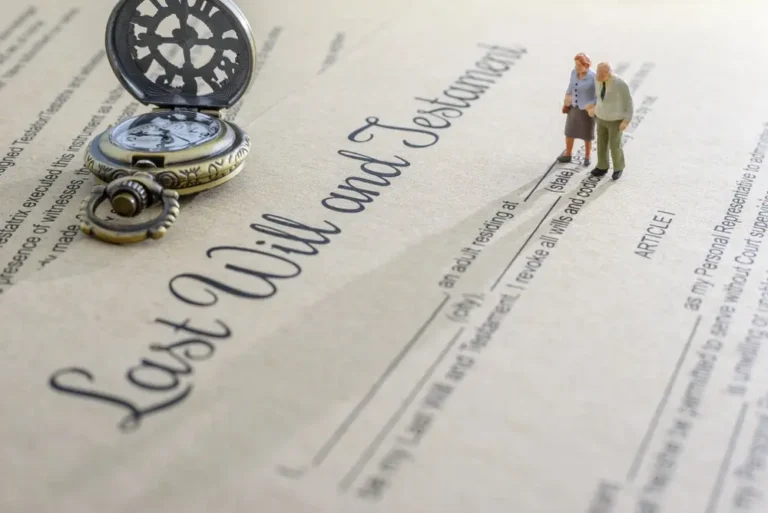What to Do When the Executor Won’t Probate a Will in Texas
When someone passes away, the executor of their will has the responsibility to make sure the will is probated, meaning it is validated by the court and the estate is administered according to the decedent’s wishes. However, in some cases, the executor may refuse to carry out this duty, either…











